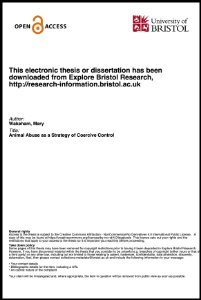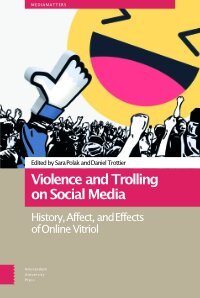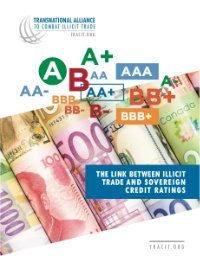By S. Giora Shoham and Mark Seis.
First published back in the 1980s, there's still nothing like this book anywhere. Provides a balanced, innovative account of the psychology of crime, drawing on current and past scientific research and philosophies. CONTENTS: 1. Perspectives, Defining Crime, and Theoretical Evaluation. 2. Psychoanalytic Theory. 3.Trait Perspectives. 4. Behavioral, Situational And Social Learning Perspectives. 5. Cognitive Learning Perspectives. 6. Existential and Phenomenological Perspectives. 7. References. RECOMMENDED: Excellent text for upper division undergraduate classes, or beginning graduate classes. Strongly recommended as a substitute for those expensive, superficial introductory textbooks! As we noted above, there is NO text that covers as carefully as this one does, the psychology of crime literature. It's as relevant today as it was a couple of decades ago.
NY. Harrow and Heston Publishers. 2012.
















